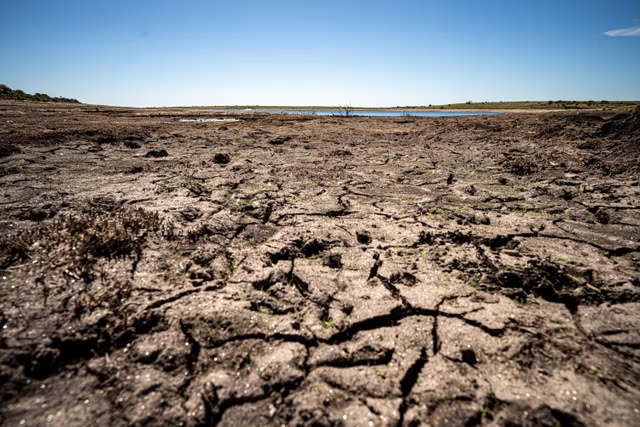Supreme Court quashes High Court’s decision in UEW, UTAG case
The Supreme Court has ruled that Mr Supi Kofi Kayera, a private citizen, wrongfully invoked the jurisdiction of the Winneba High Court in a matter relating to the tenure of the University of Education Winneba’s, (UEW) governing council.
It has, therefore, quashed the decision of the High Court because its jurisdiction was invoked wrongly.
The Apex Court of the land, however, declared that its ruling did not affect the new governing council decision on the six persons who have been interdicted.
Mr Afenyo Markin, who represented Mr Kayera at the Supreme Court, said they were going to start the entire legal process through a writ of summons.
University Teachers Association of Ghana branch of University Education of Winneba went to the Supreme Court praying it to overturn the High Court order to the Vice-Chancellor and Finance Officer.
The lecturers argue that the High Court lacked jurisdiction to hear the case filed by Supi Kwayera. UTAG also claims the plaintiff at the High Court also has no locus in the matters of the university.
Supi Kofi Kwayera had asked the High Court in Winneba to declare the University’s Governing Council illegal because its tenure expired in November 2013.
Meanwhile, the University’s governing council had asked the Vice-Chancellor of the University of Education Winneba (UEW) Prof. Mawutor Avoke and five other top officials to step aside as investigations into alleged malfeasance continue.
The five others are; Dr. Theophilus Senyo Ackordie a Finance Officer, Frank Owusu Boateng, a Deputy Finance Officer, Ms. Sena Duke of Internal Audit, Ms. Mary Dzimey, Acting Head of Procurement and Daniel Tetteh, Acting Deputy Director of Works and Physical Development.
The six have been accused of “malfeasance in the various procurement and contract awards”.
A statement signed by the Chairman of the university’s governing council Prof. Emmanuel Abakah said the interdictions were necessary to avoid the tampering of evidence.
The statement claimed vital documents had vanished “at the dead of the night” and that there is a “strong signal” and a “high tendency” that this could compromise the integrity of investigations.





